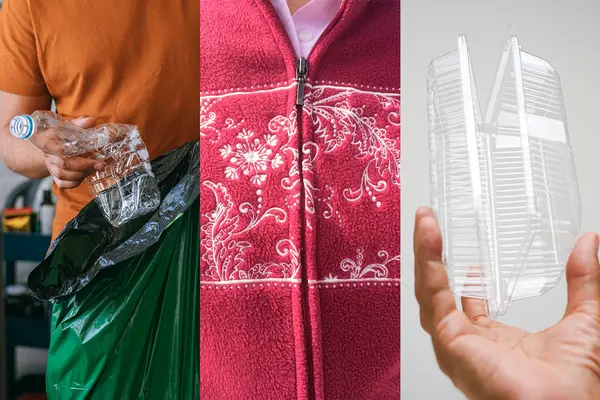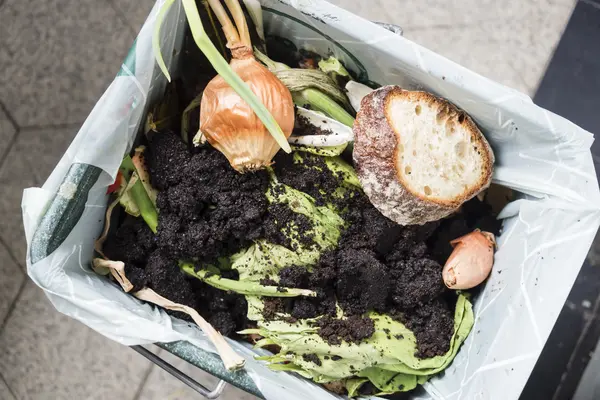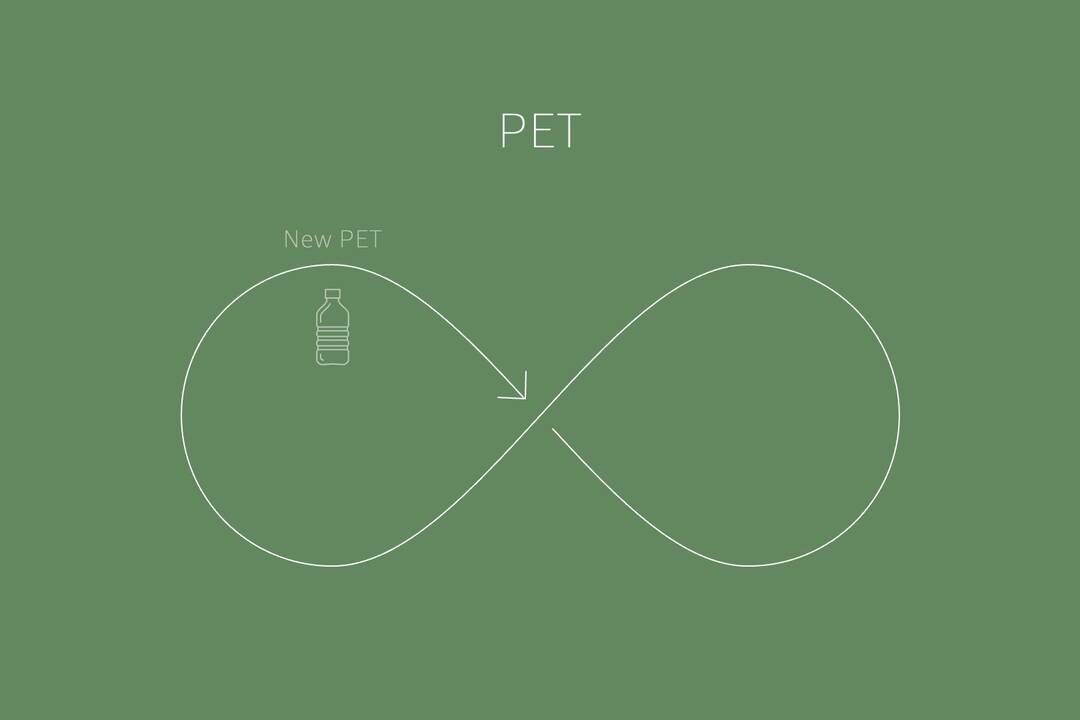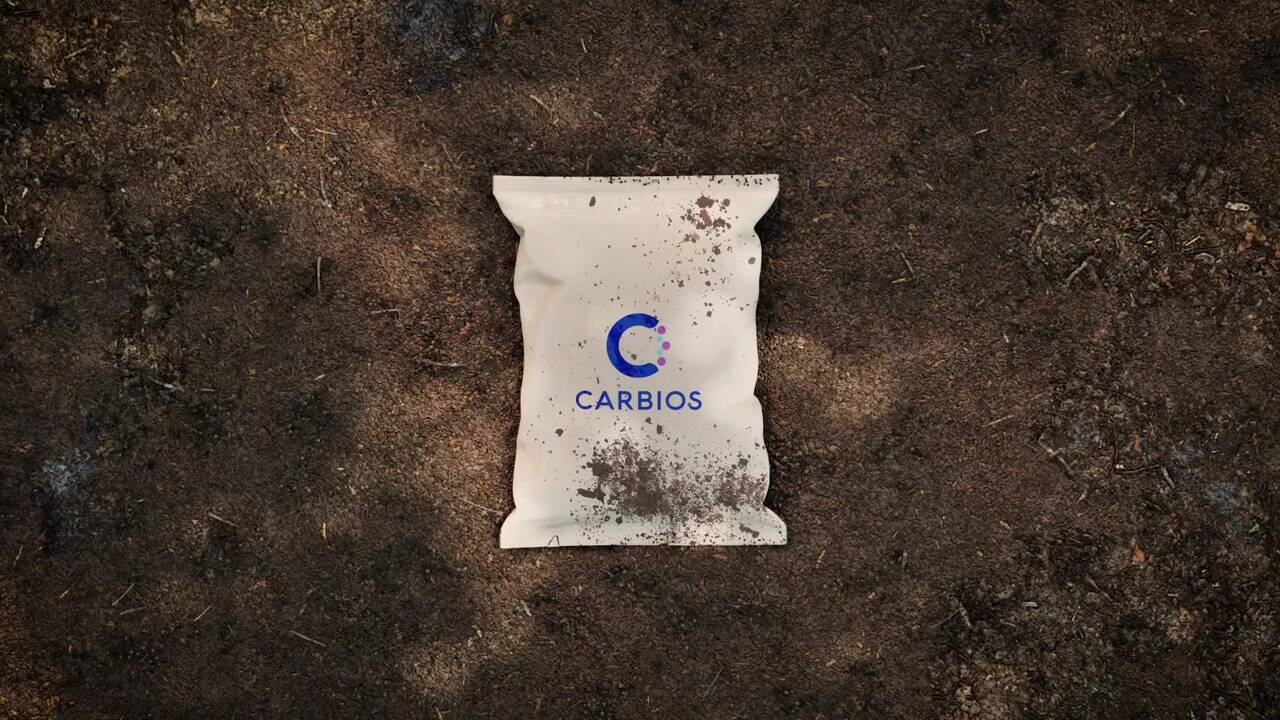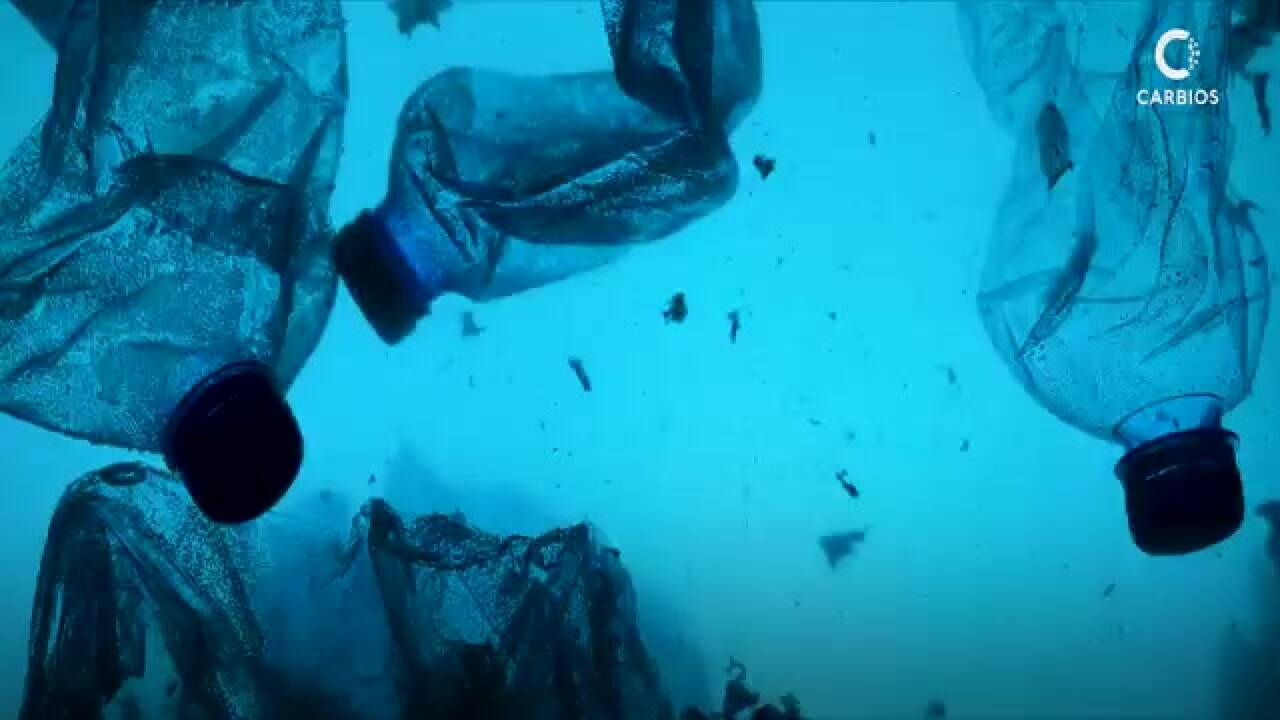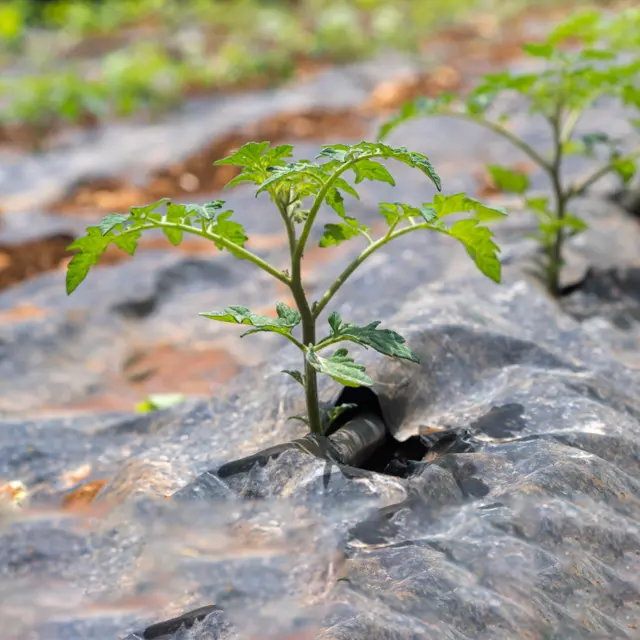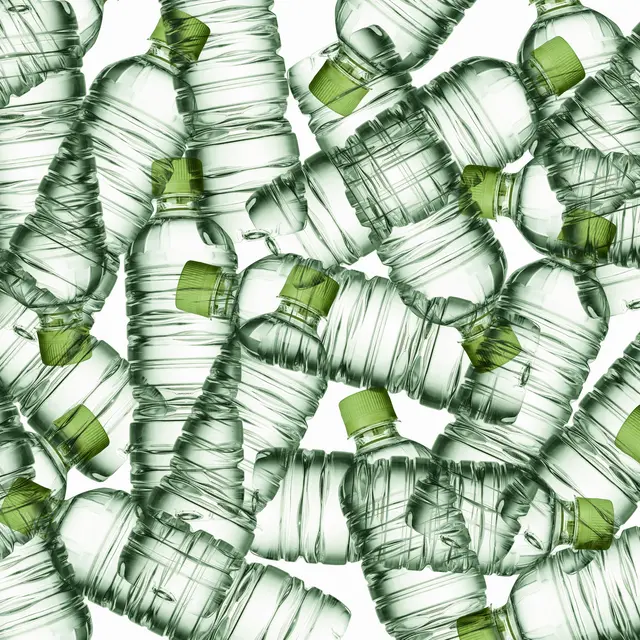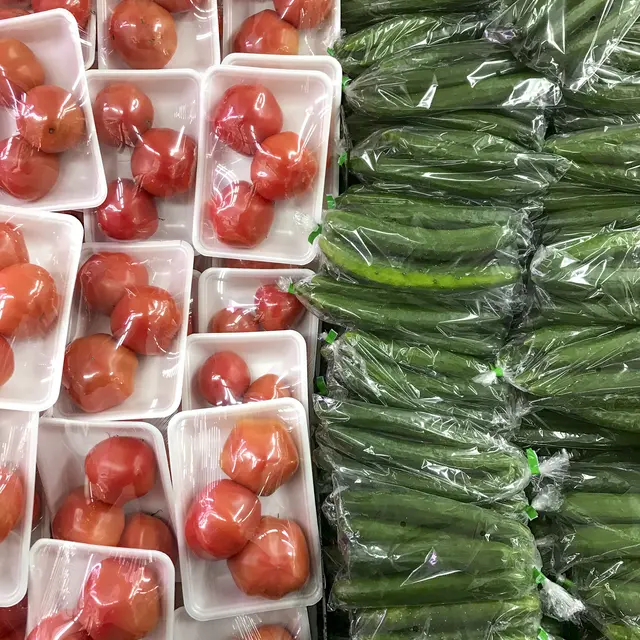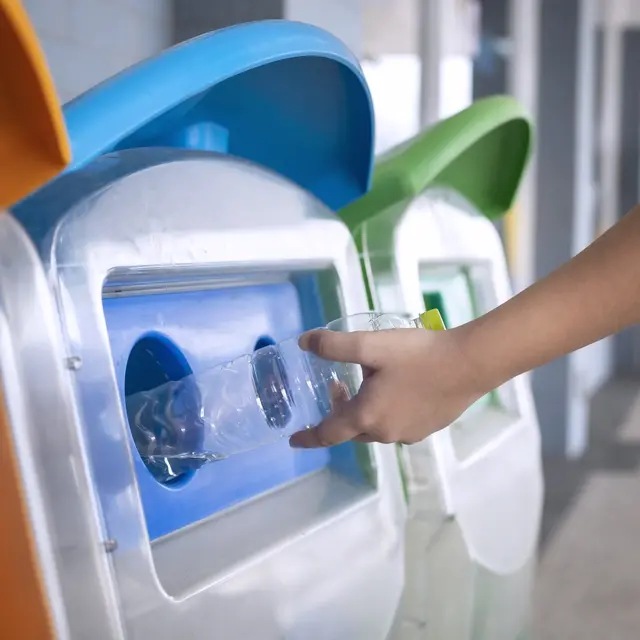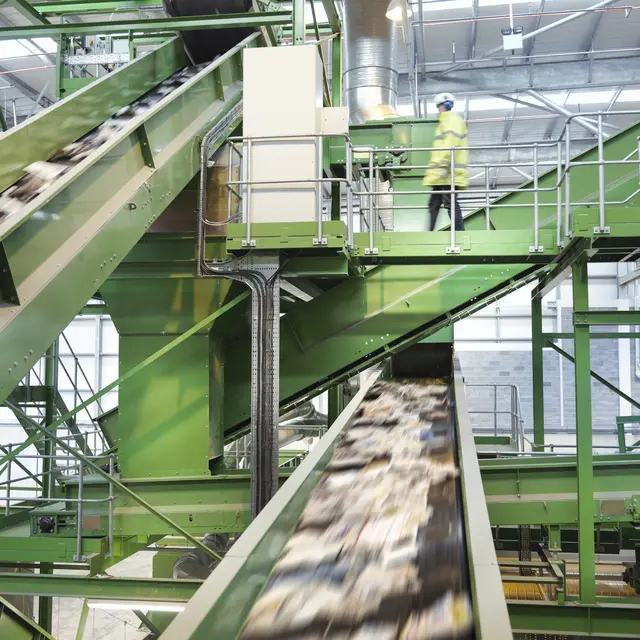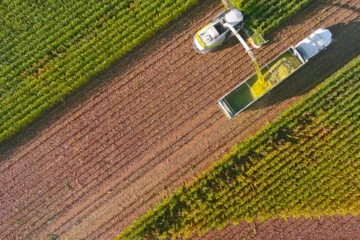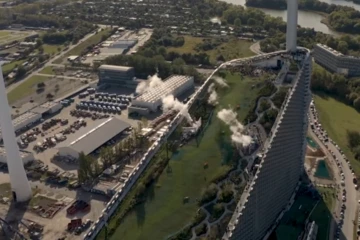It's complicated
We love plastic because of its versatility. It’s lightweight, hygienic and durable, which means it can be used for a multitude of purposes. For example, it’s ideal as food packaging to protect our food and beverages so they can be transported more easily and stay fresher for longer.
But the properties that make this possible are also part of the reason why we are falling out of love with plastic. Its durability makes it difficult to break down and reuse. In fact, of the seven billion tonnes of plastic ever created, less than 10% has been recycled1. Instead plastic waste ends up as landfill, in our oceans or in the food chain as microplastics.

